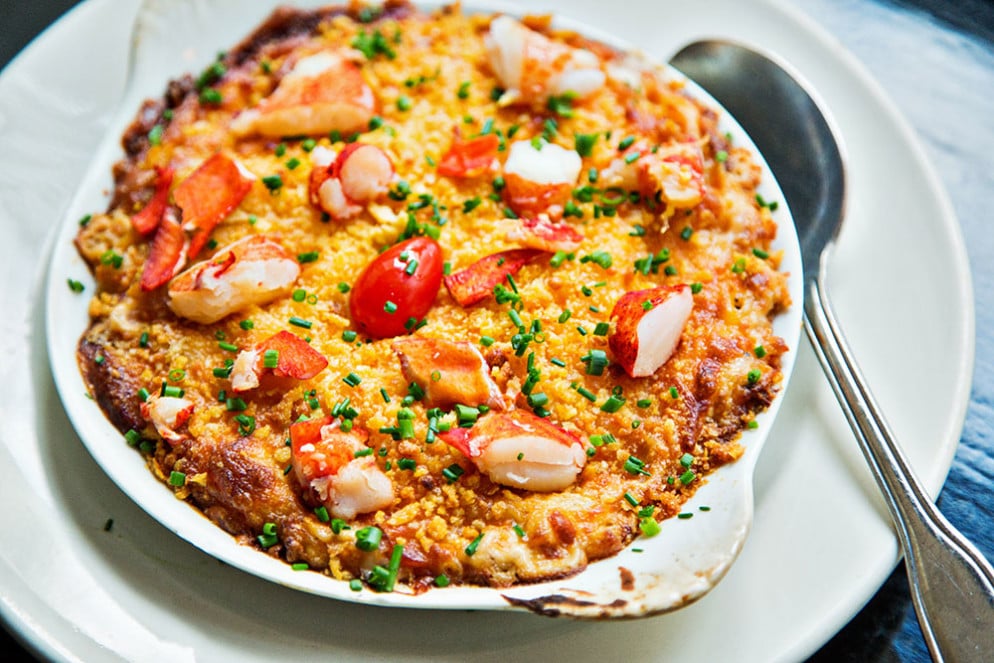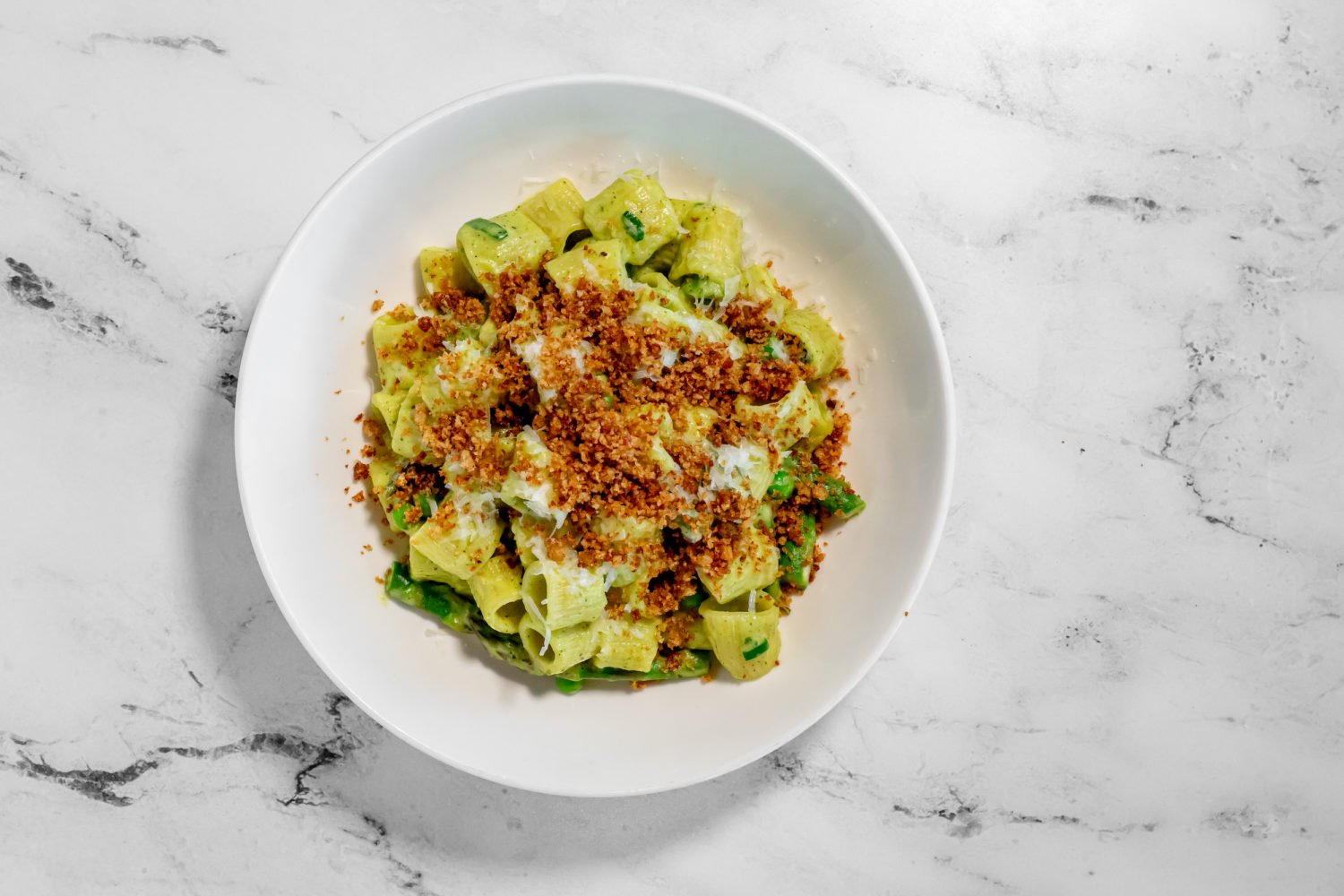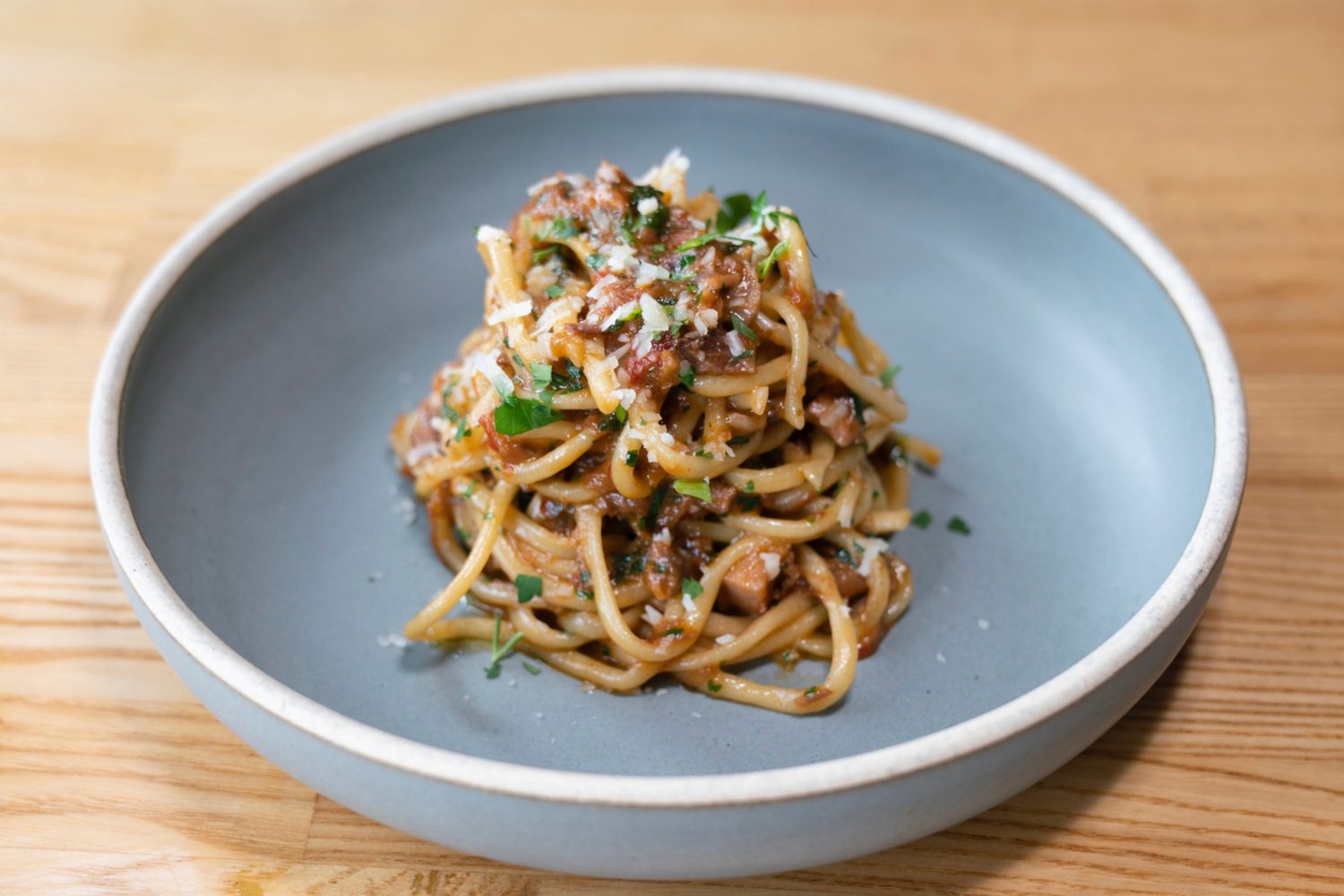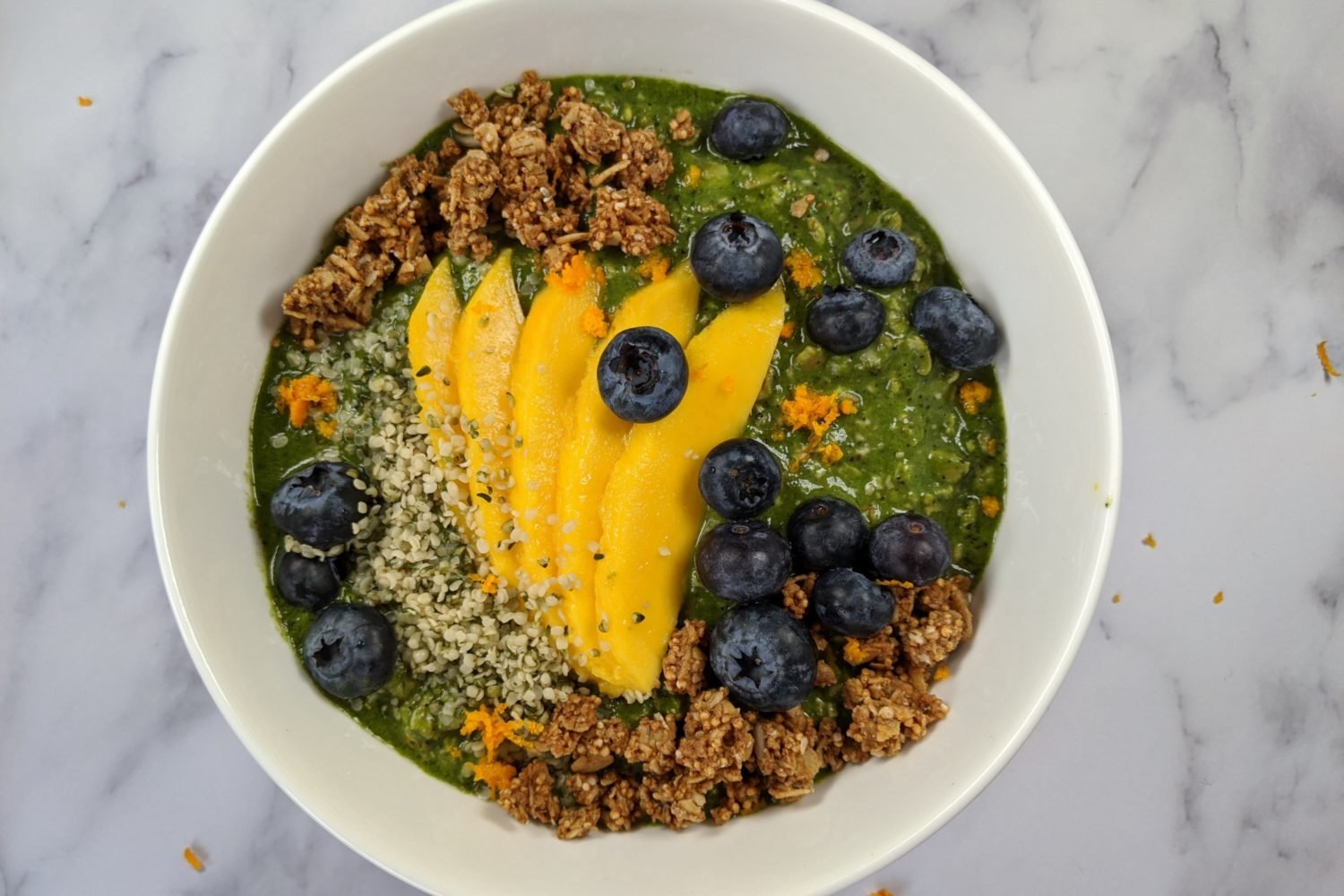Americans everywhere recently celebrated National Macaroni Day with a mouthwatering dish that entices both college students and busy parents—mac and cheese.
Alas, we can overdo it when it comes to mac and cheese (who needs a bowl when you can eat right of the pot, right??). But don’t worry. We have a few tips that’ll help you indulge without going over your calorie count.
Less Cheese, Please
While cheese is a great source of calcium and protein, it’s also high in saturated fat. “If you don’t choose cheese carefully, you could get more fat from the cheese on your burger than from your burger,” according to Everyday Health. So what’s a good substitute for cow cheese that doesn’t taste like plastic? Using Greek yogurt instead of cheese is a sneaky (and delicious) way to get the creamy goodness of cheese without the calories. But if your mac can’t live without real cheese, try cutting the recommended amount in half. Buying low-fat flavorful cheeses like blue cheese or hard cheese will give you the taste you’re craving, without the calories!
Pass the Pasta
Repeat after us, “Carbs are not bad.” Dieters often think they need to cut all carbs from their diets, and that’s just not true. Eating moderate amounts of carbohydrates is really good for you—and an essential part of your daily nutrition. On that same token, not all carbs are created equal. When you’re searching for that perfect macaroni to complement your cheese, buy whole grain pasta. Or, go crazy and substitute quinoa for half the pasta. Throw in some chicken for a boost of protein that’ll keep you fuller, longer!
Portion Sizes
It’s possible to have too much of a good thing—even if it’s something amazing like mac and cheese. When it comes to carbs and cheese, portion size is important. But with all these dieting apps telling you something different, what does a realistic amount look like? Carbs should make up between 45 percent and 65 percent of your total daily calories, according to the Mayo Clinic. So if you’re eating 2,000 calories a day, carbs should be anywhere from 900 calories to 1,300 calories. Of course, if you have diabetes or you’re trying to lose weight, that number might go up or down, depending. When it comes to dieting, listen to your body and take care of it so you’ll be around for many, many future National Macaroni Days!



















